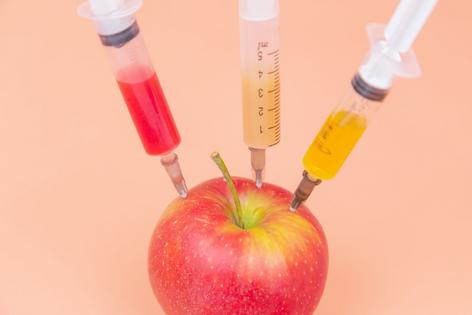Food Scientist: The Science Behind What We Eat
Published in EDU Advice
Food Scientists work to improve food safety, develop new food products, and find new ways to process, package, and distribute food. A bachelor's degree in Food Science, Chemistry, or a related field is typically required. These programs cover topics such as microbiology, chemistry, and engineering.
For higher positions or research roles, a master’s or Ph.D. in Food Science is often required. These advanced degrees offer specialized courses in sensory analysis, food microbiology, and advanced food processing technologies.
Professional certifications, such as Certified Food Scientist (CFS) from the Institute of Food Technologists (IFT), can bolster career prospects.
Keeping up to date with new food safety regulations, emerging technologies, and consumer trends is crucial. This can be achieved through workshops, webinars, and industry publications.
This article was generated by Open AI with human guidance and editing along the way.









Comments